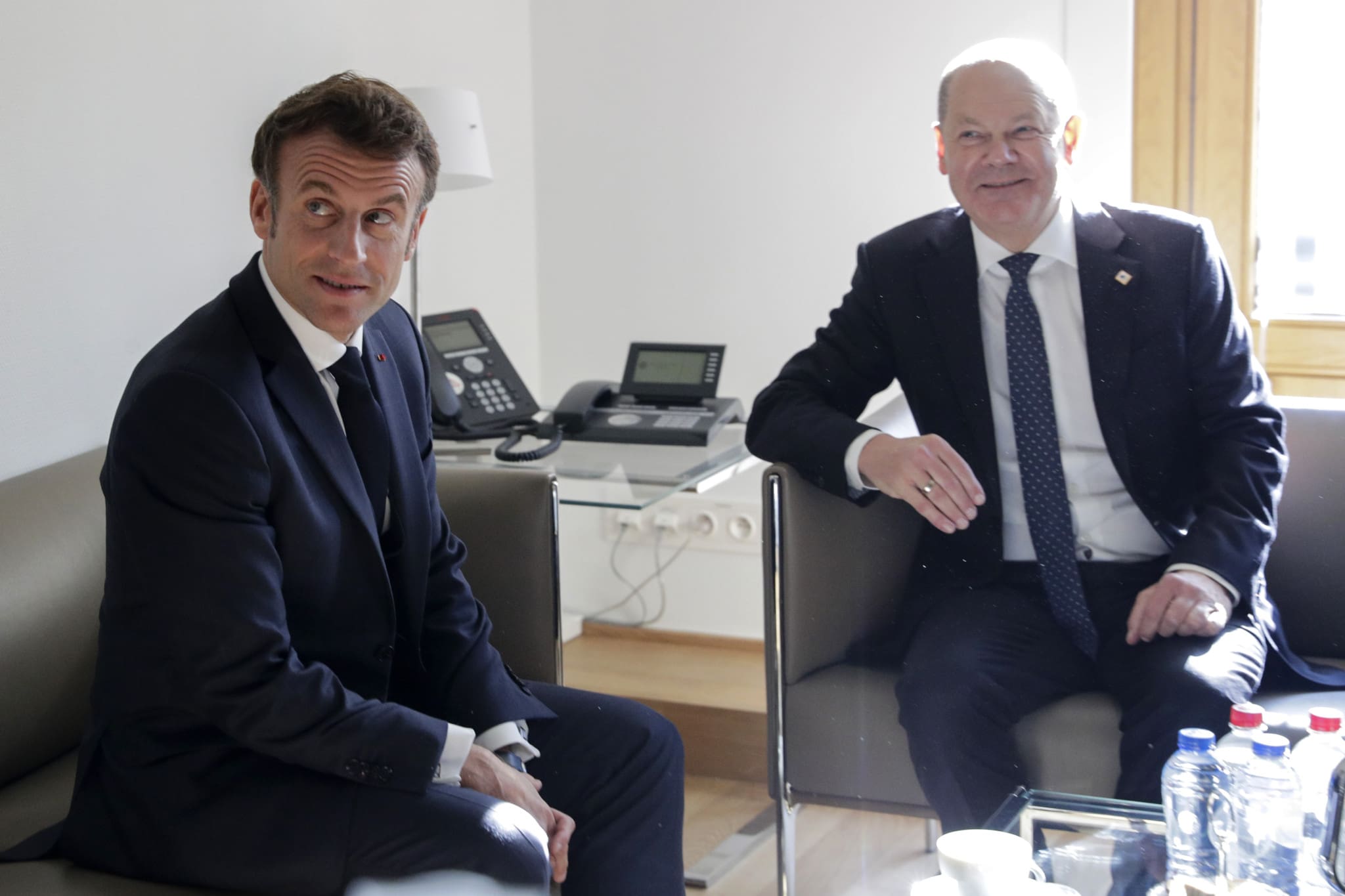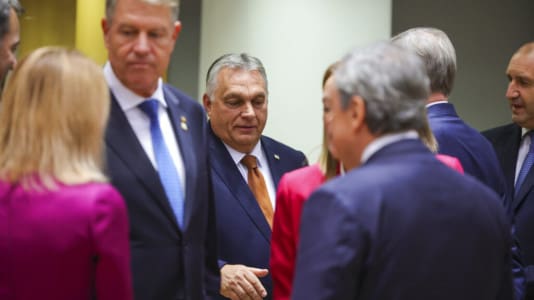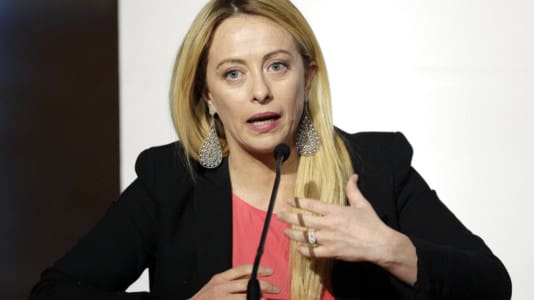The war in Ukraine, an energy crisis, and deteriorating economic conditions have led to severe strains on the alliance between Germany and France — the same alliance that has traditionally served as the main fulcrum of power on the continent.
French Finance Minister Bruno Le Maire has called for a “reset” between the two biggest nations in the EU, and after Germany and France canceled the Franco-German government consultations planned for next Wednesday in Fontainebleau, French President Emmanuel Macron has “vowed” to repair relations between both nations.
“For me, my wish has always been to preserve European unity and also the friendship and the alliance between France and Germany,” Macron said before an EU summit.
[pp id=50873]
As a reason for the postponement, government spokesman Steffen Hebestreit in Berlin also cited “a whole range of different issues” on which the two governments were “not yet so far advanced” or where “a unified position has not been reached.”
However, German newspaper Die Welt is laying the blame for the meeting’s cancellation at the French government’s feet, writing:
“It is quite possible that Paris wanted to put pressure on the German side with the threat of postponement. However, this does not seem to have worked. The Elysée Palace has apparently thrown all the rules of diplomacy out the window. It is a diplomatic blunder, a double affront, because Berlin was not even informed beforehand. This may be interpreted as a sudden cooling of Franco-German relations.
Germany was also largely responsible for blocking a European-level gas price cap, which the country argues would remove incentives to reduce consumption of energy and gas. Following the EU summit, Germany dropped its opposition, but the new deal contains a wide range of caveats that are designed to ease Germany’s fears over a supply crunch.
Berlin is also not happy that Paris has shown little support for the MidCat gas project, which would see gas pipelines linking Portugal and Spain run through France and onward to Germany.
Energy is not the only issue, with the topic of joint armaments projects also dividing the two nations. Disagreements and divisions abound regarding the Franco-German FCAS fighter and the “tank of the future,” with many of the companies involved acting more as rivals than partners.
A joint declaration for bilateral cooperation and advancing European integration in various areas is also not ready, writes the online magazine Politico, because “key passages” are still being argued over.
“We are not making sufficient progress on certain issues, which is why it is possible that the Council of Ministers will be postponed so that we have more time,” Politico quoted members of the French Cabinet as saying before the cancellation was officially confirmed by the Chancellery.
A growing division between France and Germany could be a dire threat for the EU on the whole. and If Europe’s economies deteriorate further, these divisions could only grow.





